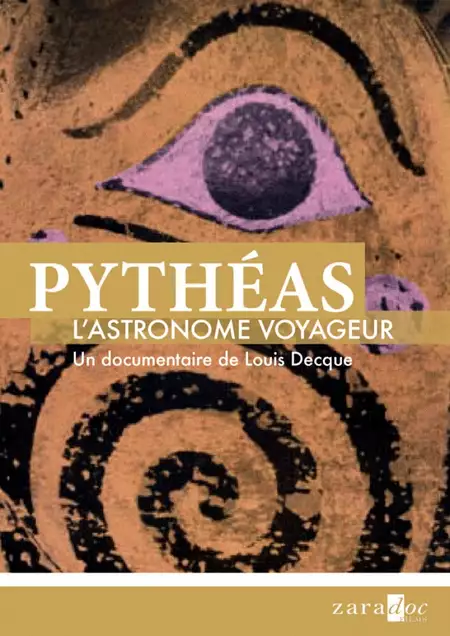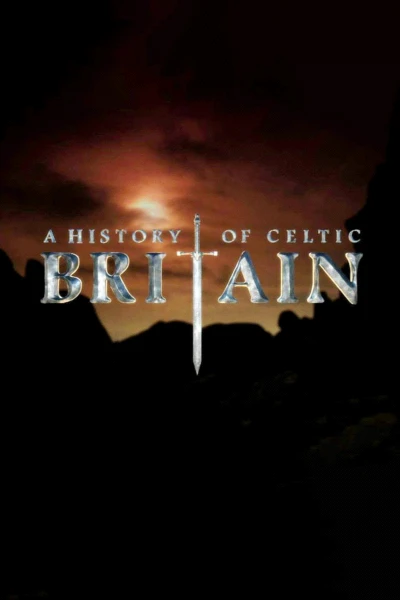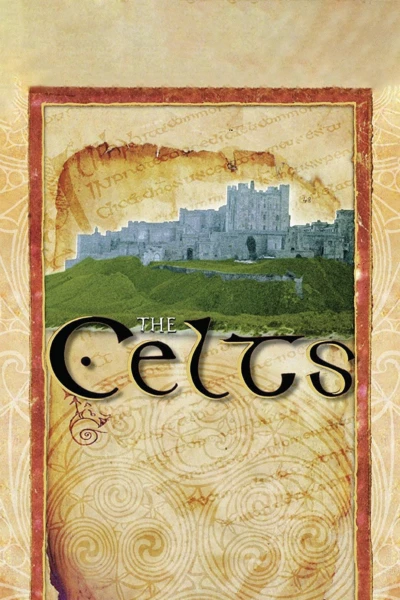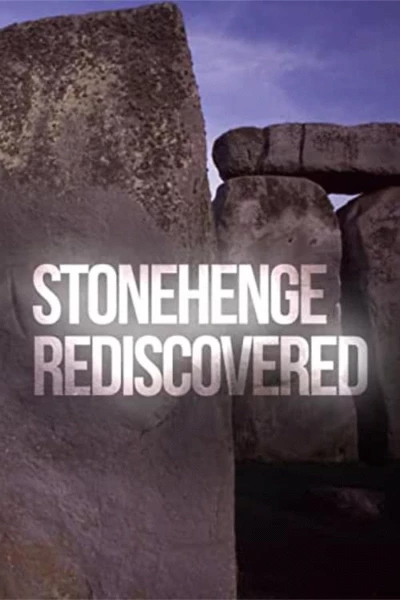Biography
(No Information)
Filmography
all 8
self 8
Movies 4
TV Shows 4
Self - Archäologe, Oxford University
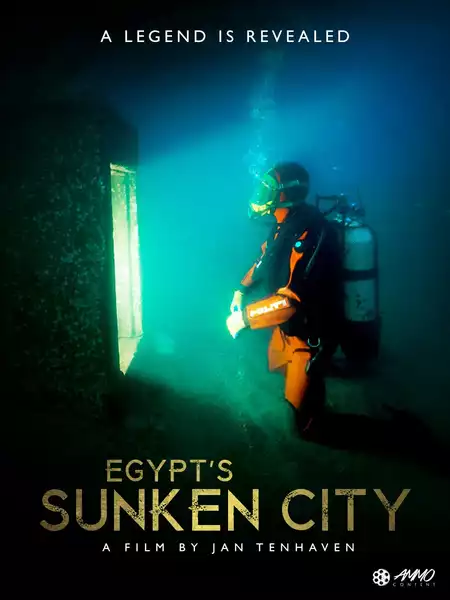
Egypt's Sunken City – A Legend Is Revealed (2013)
Movie
Information
Known ForActing
GenderMale
Birthday1939-12-10 (85 years old)
CitizenshipsUnited Kingdom
Also Known AsBarrington Windsor Cunliffe, Barrington Cunliffe
AwardsFellow of the Learned Society of Wales, Grahame Clark Medal, Fellow of the British Academy, Fellow of the Society of Antiquaries, Commander of the Most Excellent Order of the British Empire, Commander of the Order of the British Empire, Archaeology Awards, Wolfson History Prize, Knight Bachelor
This article uses material from Wikipedia.
Last updated:
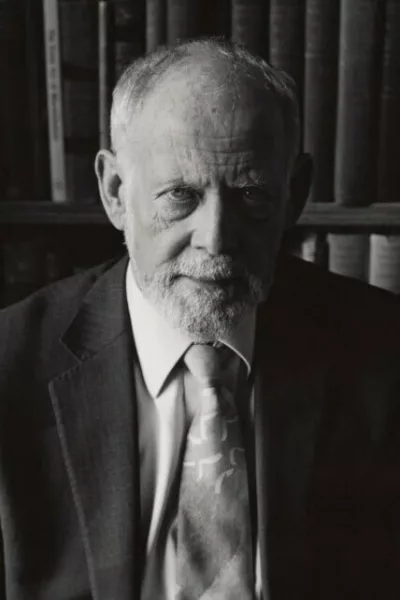 Barry Cunliffe
Barry Cunliffe- Filmography
- Information
